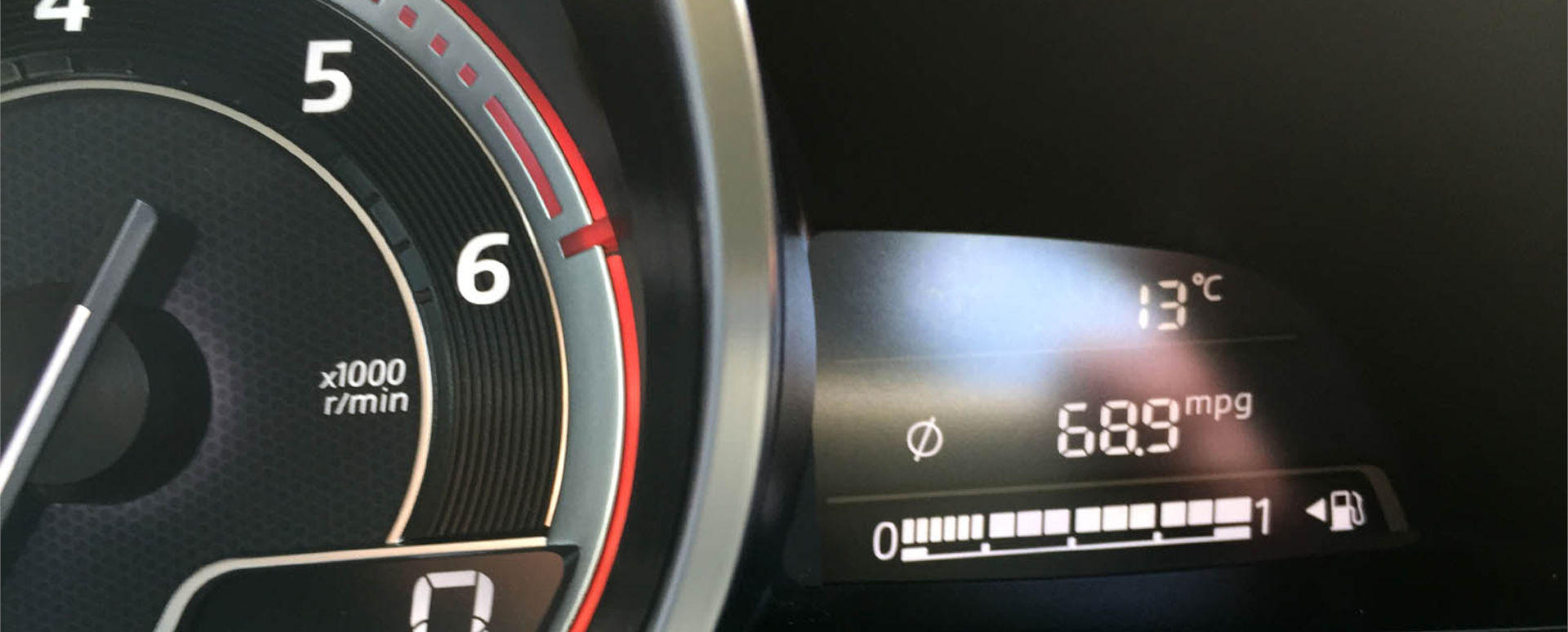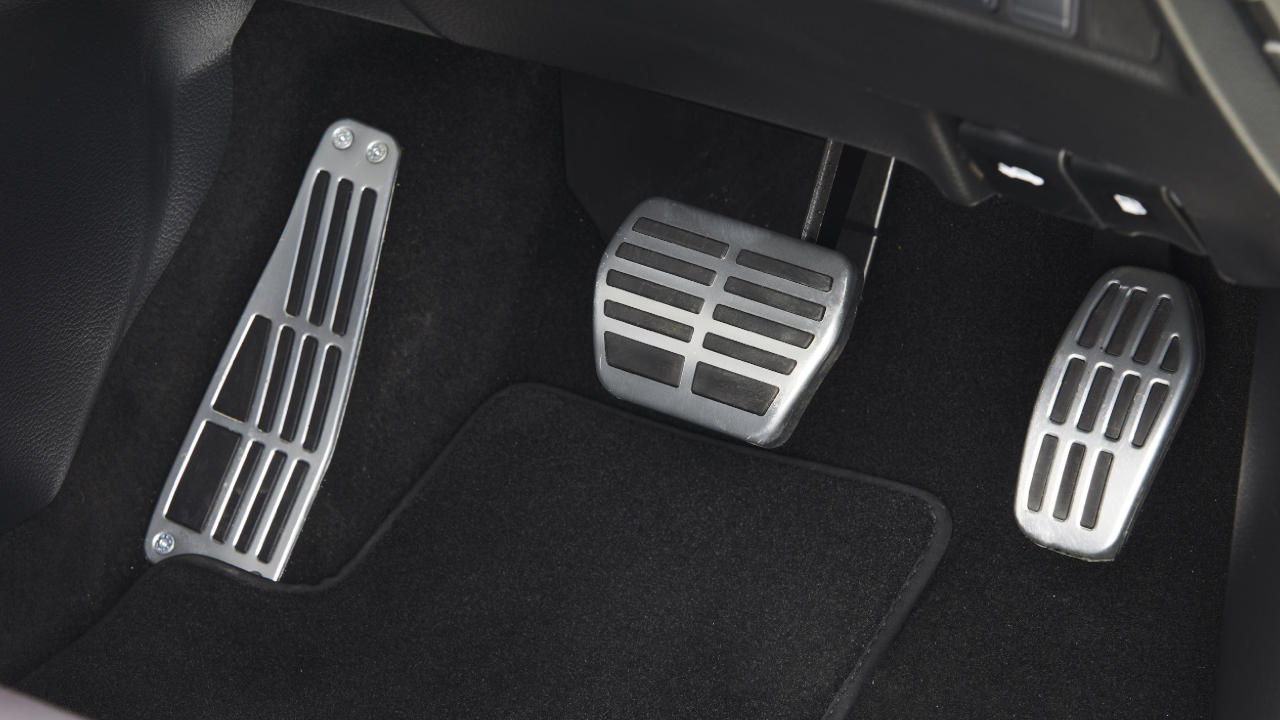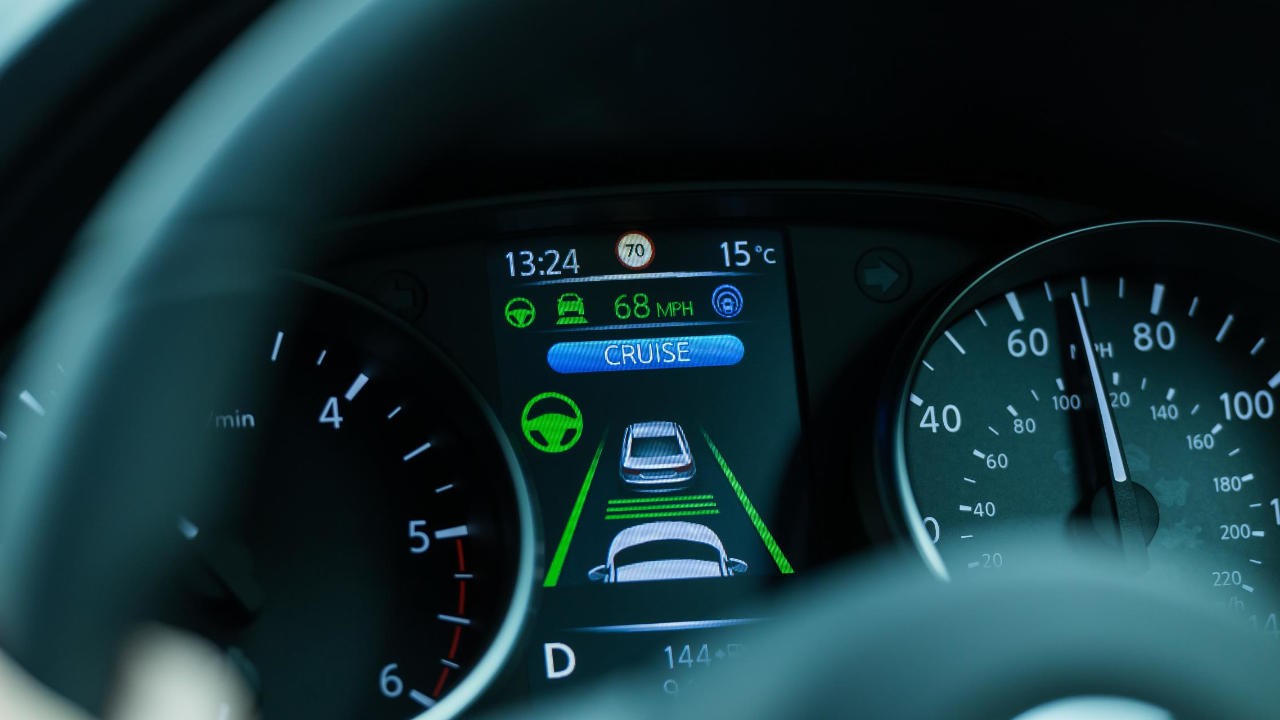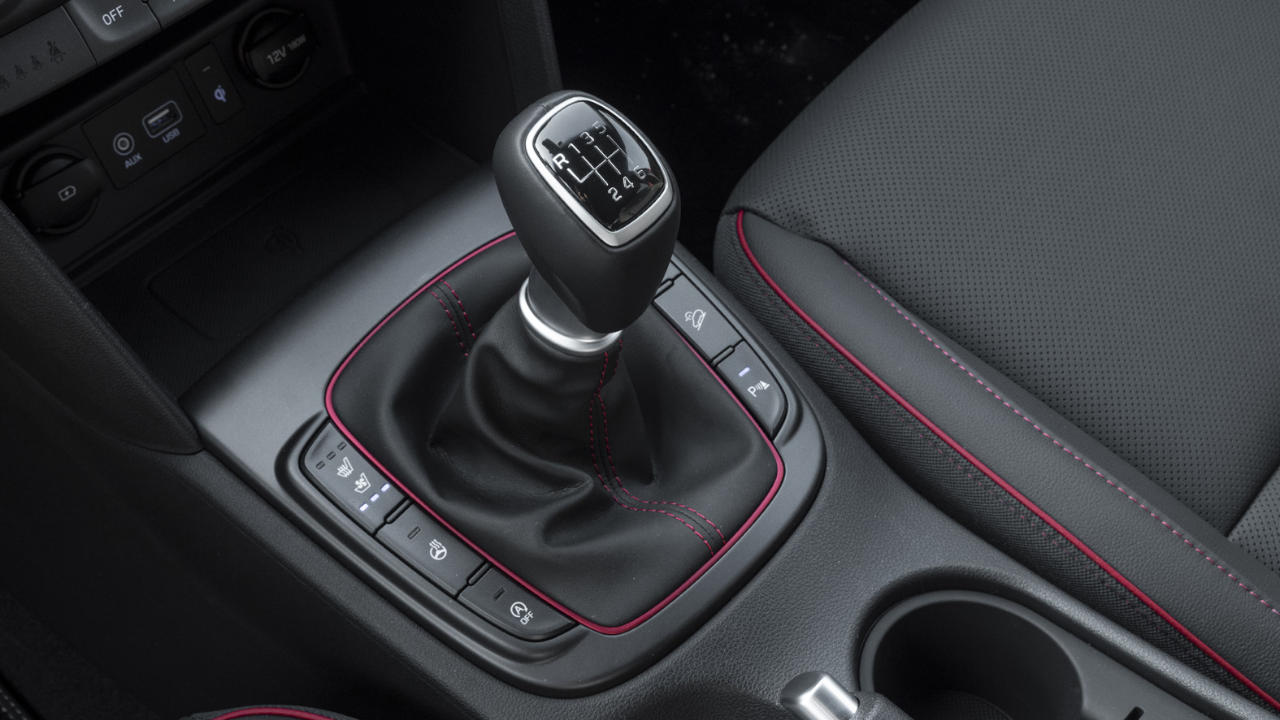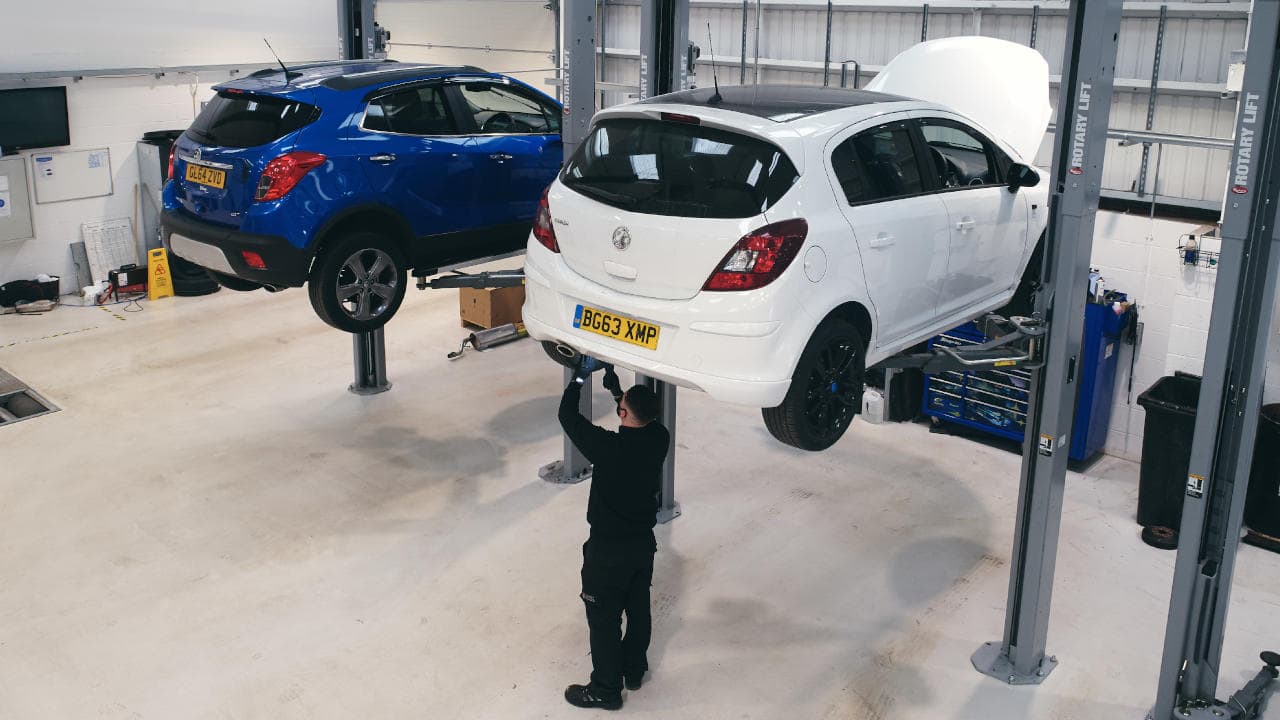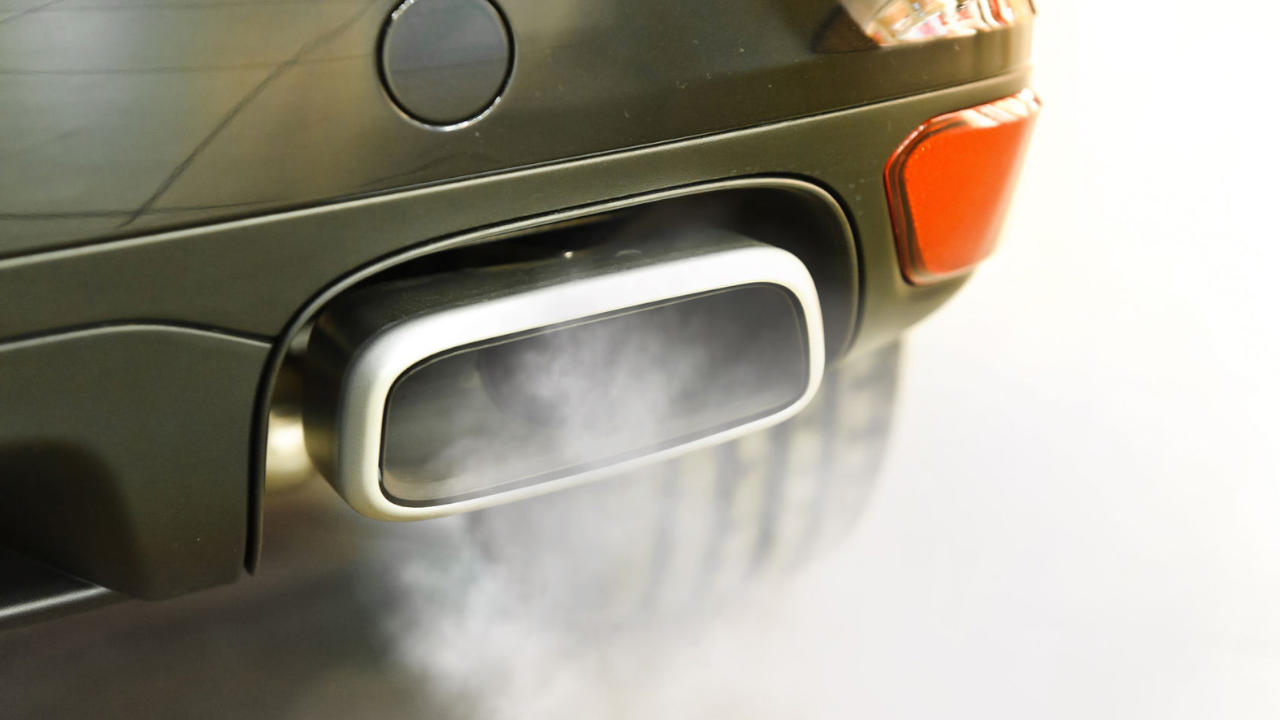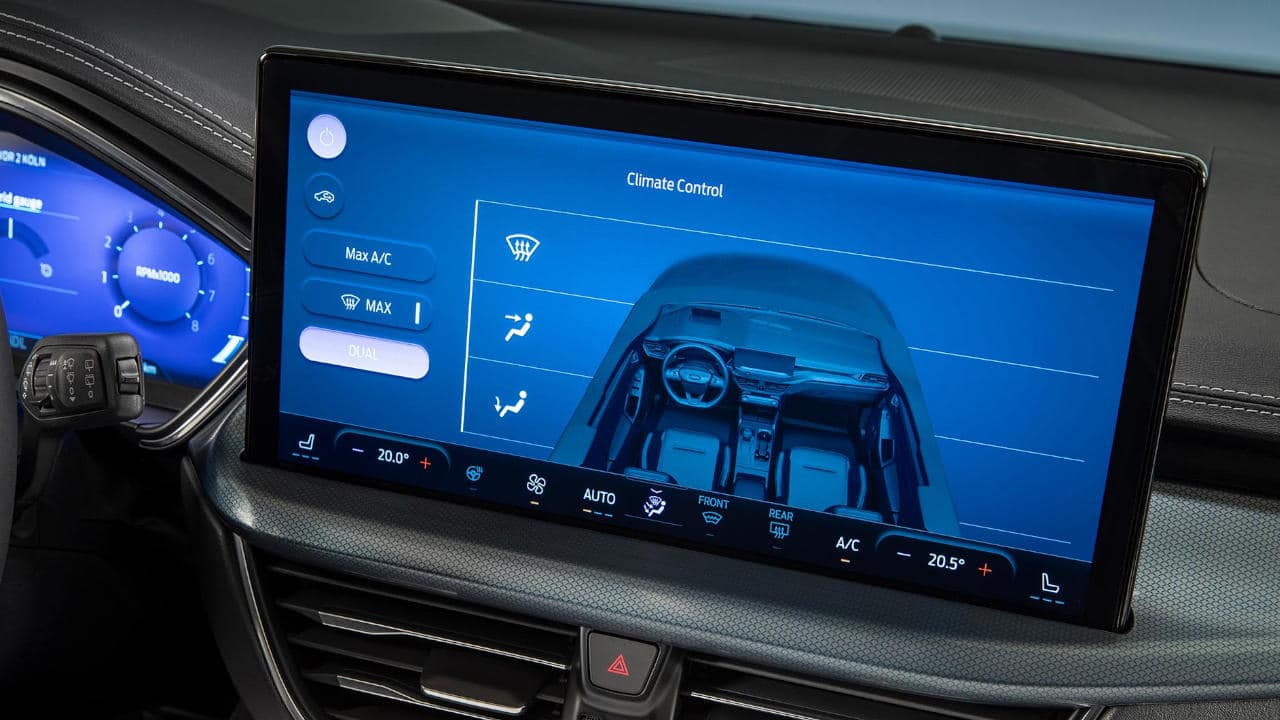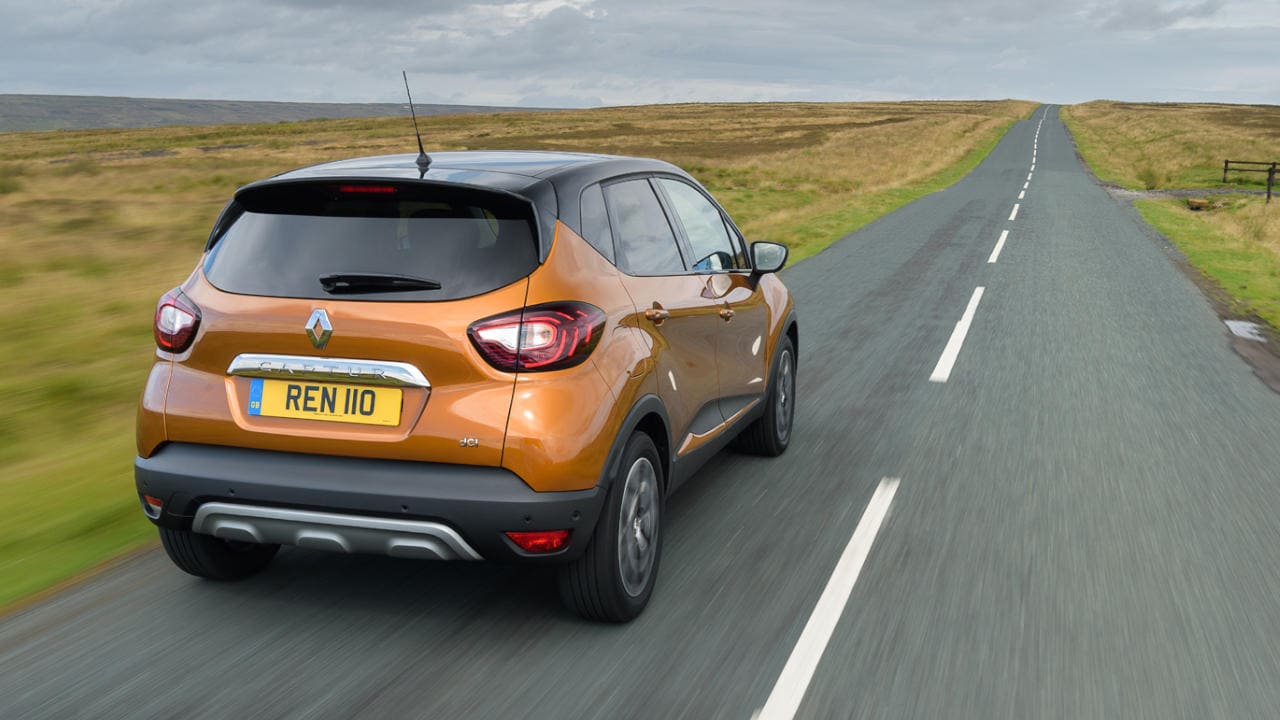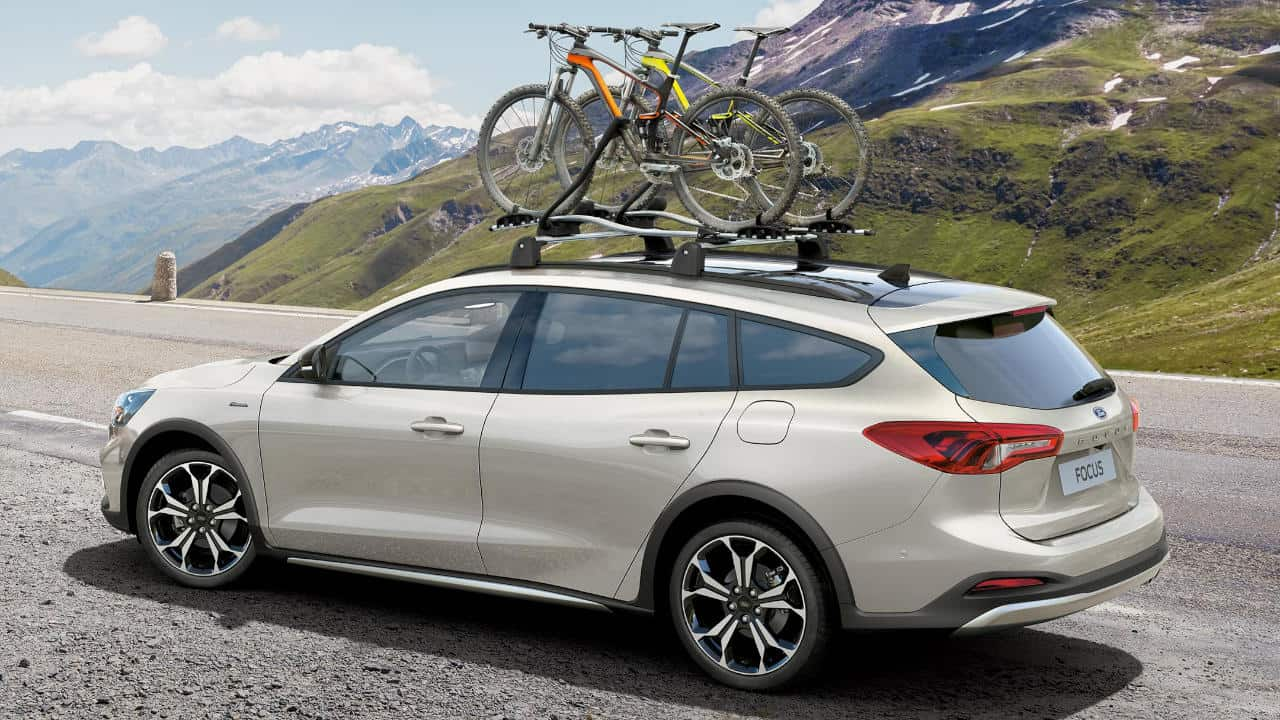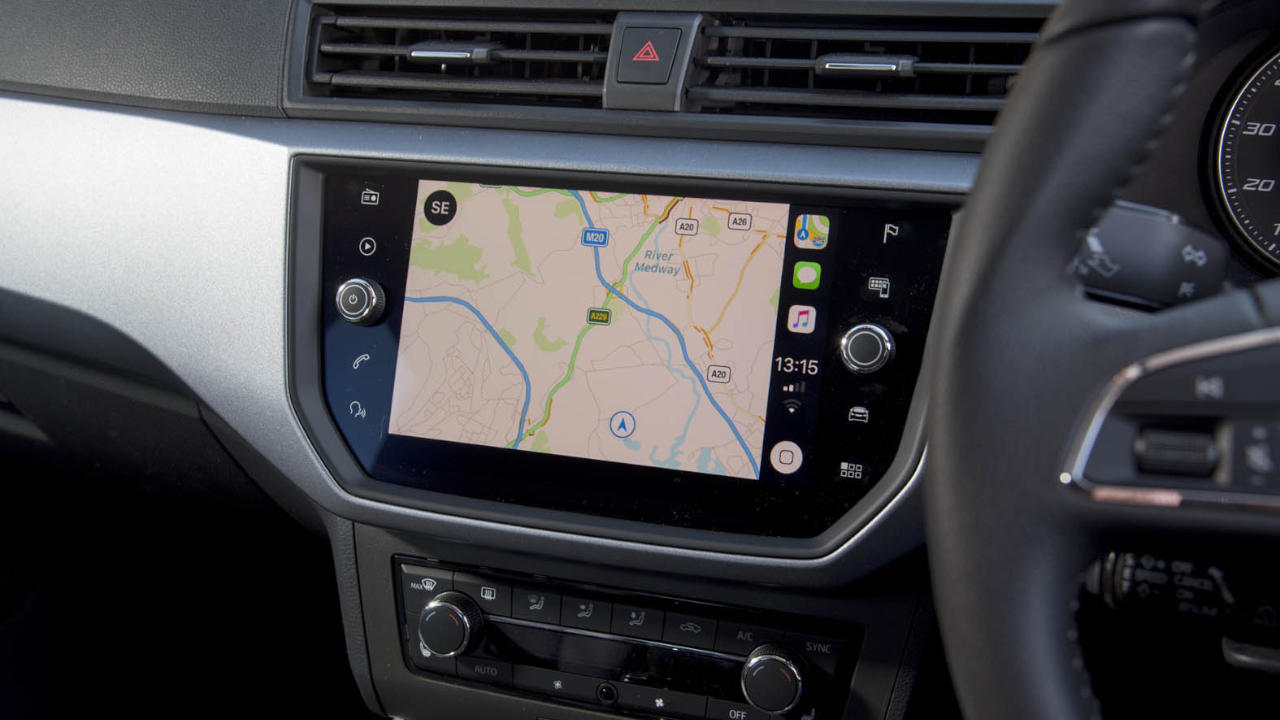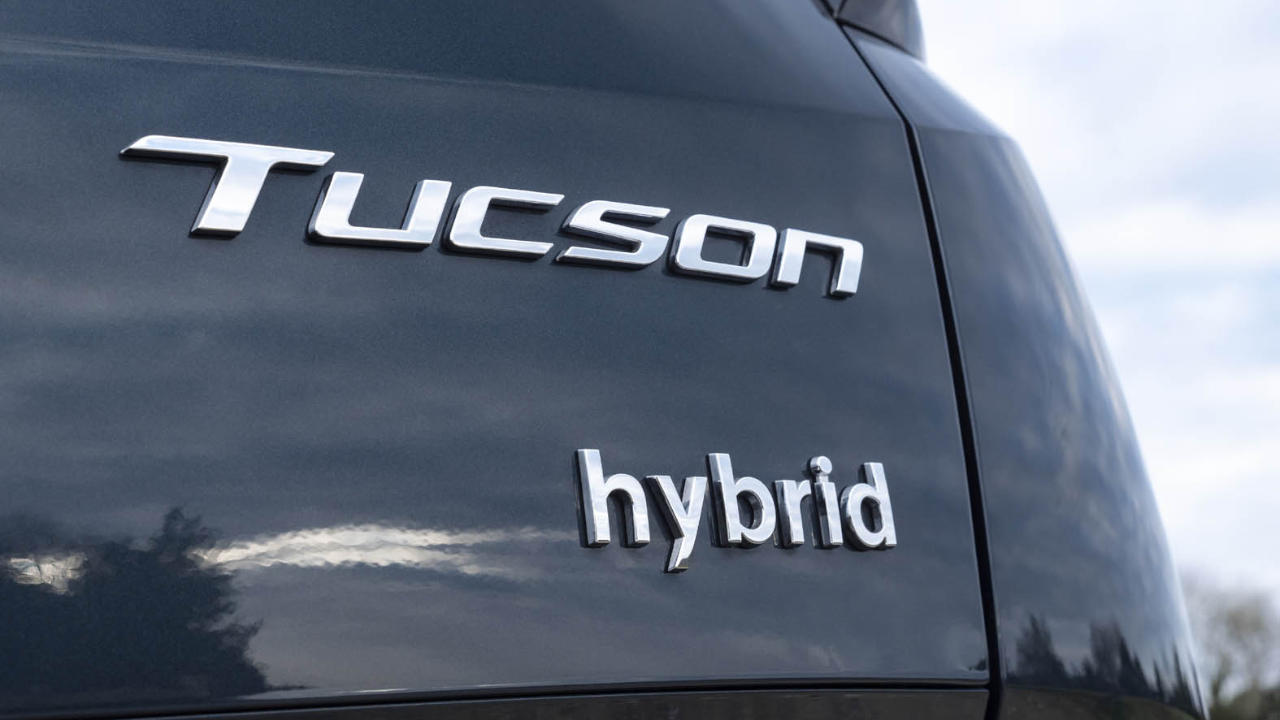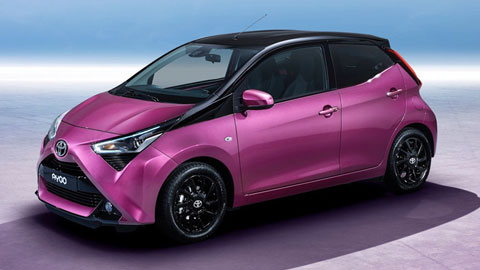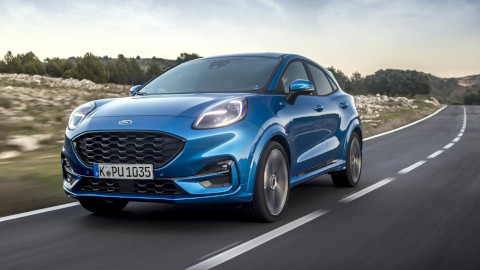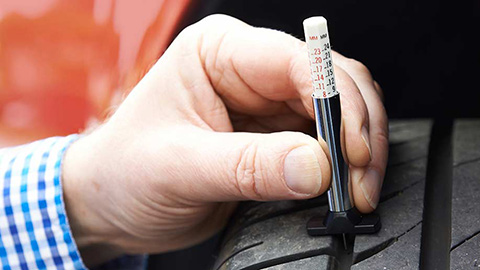13 Ways to Improve Fuel Economy and Save Money
25th Aug 2022
By Nathan Dale
How to drive economically
With petrol and diesel prices constantly on the rise, it's super important that you make the most out of every drop of fuel so that you can improve economy and save yourself some money.
There are lots of different techniques and habits you can incorporate into everyday driving that will have a positive impact on your vehicle's fuel economy.
Try following a few of the fuel saving tips and tricks below; you may be very pleasantly surprised just how much difference a change in driving style can make.
Our top fuel saving tips
- Make sure your tyre pressures are correct
- Practice anticipation when out on the roads
- Accelerate and decelerate as smoothly as possible
- Remove excess weight from your car
- Use cruise control to maintain a constant speed
- Make sure you're in the correct gear at all times
- Ensure your car is serviced and maintained properly
- Avoid unnecessary idling
- Only use air conditioning when you need it
- Don't coast - leave your car in gear when decelerating
- Reduce drag by removing roofboxes and keeping the windows up
- Plan your routes
- Consider a hybrid car
Tyres & Tyre Pressures
One of the biggest factors in terms of fuel economy is the performance of your tyres. They are, after all, the only thing that connects your vehicle to the road.
Having your vehicle's tyres inflated to the correct pressures has a significant impact on your vehicle's fuel economy. Under-inflated tyres can have a detrimental effect on your mpg by as much as 2.5 percent.
Another way that tyres can have an impact is with their fuel efficiency rating. The European Commission categorises each tyre from A to G based on their fuel efficiency. An A-rated tyre can improve fuel economy by as much as 7.5 percent compared with a G-rated tyre, meaning, with the correct tyre pressure, we've already improved economy by 10 percent and we're only on the first tip!
This is another big one. Simply anticipating what is likely to happen in front of you when driving will greatly improve your efficiency, as well as reduce wear and tear on your car's brakes.
Here's how to do it:
While maintaining your focus on the vehicle directly in front of you, take the time to look further ahead and see what's going on. If there's a red light, try to lift off the gas a little earlier than you might normally, without taking it to extremes, of course. If the lights change, you'll still be rolling and you'll spend less time getting up to speed, using less fuel in the process.
Simply put, the less time you spend braking and accelerating, the less fuel you'll use.
Accelerate and decelerate smoothly
When the lights turn green, don't stamp on the accelerator and get up to speed as fast as physically possible.
Accelerate briskly but smoothly, reaching the desired speed in a reasonable time frame so as not to frustrate your fellow road users behind you. Don't wait until the last minute to come to a standstill either, lift off the gas nice and early and brake gently until you come to a stop.
When it comes to speed bumps, don't accelerate quickly and then slam on the brakes to go over the bump. Try to maintain a constant speed of between 15 to 20mph unless your car is particularly low or the bumps are exceptionally high.
Remove Excess Weight
The heavier your car is, the more fuel it will use trying to get from A to B, so anything you can do to make it lighter will save you money.
Roof boxes and bike racks are the main culprits, but simply having a good clear out of what's in the backseat and the boot can have a positive impact as well.
Lightness is why cars like the 2.0-litre petrol Mazda MX-5 can have reasonably quick acceleration but still return over 50mpg on a long run.
Check your speed & use cruise control
Always being mindful of the speed you're travelling at is good, safe practice anyway, but it can help in terms of fuel economy, too.
Motorists should adhere to speed limits at all times so as they aren't breaking the law, but saving money is another solid reason to do so. For instance, travelling above the national speed limit at 80mph instead of 70mph will use an extra 10 percent of fuel - as well as cost you extra money in speed fines.
Cruise control only helps the situation. Slowing down and speeding up increases fuel usage in a big way, so letting the car maintain the exact cruising speed for you whenever possible is the most efficient way to get around.
Use your gears properly
It's not part of the driving test to learn how to use your gears efficiently; you simply have to be able to use them to get the car to move at various speeds.
However, to get the most mileage out of every drop of fuel and maintain maximum efficiency, it's vital that you're always using the right gear at the right time. Be careful not to over-rev, and make sure you don't labour the engine by being in a gear that's too low for the speed and terrain.
Generally, petrol cars are at their most economical between 1500 and 2500 rpm, so you should aim to change up to the next gear whenever you exceed the higher end of that range. For diesels, it's between 1300 and 2000 rpm.
Service & maintain your car
Ensuring that your vehicle is in tip-top mechanical shape is vital when making sure that fuel economy is as good as it can be.
A car that has its engine serviced regularly and in line with manufacturer schedules, using the correct parts, fluids, and lubricants, will work better and be more efficient than one that isn't. It'll be more reliable, too.
Wheel alignment (also known as tracking) also affects fuel economy, and it can be knocked out by something as simple as a pothole in the road, so make sure you get it checked regularly.
Avoid Unnecessary Idling
When a car is standstill and the engine is turned on and idling, you're getting precisely zero miles per gallon from your fuel. This is because fuel is being used, but you aren't going anywhere.
So, waiting for a mate outside their house? Turn the engine off. Eating your burger at the drive-thru? Turn the engine off. And yes, even when you're defrosting your car, if you want to save fuel, you'll have to keep the engine off.
Modern cars with "stop/start" technology save fuel by turning the engine off while the vehicle is stationary. If your car has this function, keeping it turned on is the best thing you can do for fuel economy.
Use air con & heating functions wisely
As a general rule, anything that drains the car's battery in any significant way is also a drain on your car's fuel tank. This is because it uses the alternator to keep the battery charged, which is powered by the engine, which needs fuel to work.
Air con is the biggest culprit here, increasing fuel consumption by up to seven percent in town driving. At higher speeds the effect is less noticeable, and using the air con at motorway speeds is actually more efficient than having the windows down because of the drag that's created.
Heated seats, heated steering wheels, heated windscreens and anything else heated will use extra fuel, too.
Don't Coast
Don't Coast
Many drivers, particularly those who are used to driving cars from the '70s and '80s or even earlier, will swear that putting the car into neutral while going downhill or coming to a standstill will reduce fuel consumption because the rpm is lower.
This is not true, certainly not of modern vehicles. Simply leaving the car in gear and coming to a stop - without labouring the engine - means you won't be using any fuel at all.
This is because the engine is using the driveline to turn itself over rather than any fuel. The car's computer will actually cut fuel injection into the engine. It's all rather clever, but it works. It's a lot safer to leave the car in gear, too.
Reduce Drag
Car manufacturers go to extreme lengths to ensure their cars are aerodynamic, slipping through the air as efficiently as possible to improve both performance and fuel economy.
Then we buy them, and ruin all the manufacturer's hard work by installing bike racks, roof boxes and by driving with the windows and sunroof open all the time.
All these things create extra drag, meaning the car's engine has to work harder to maintain the speed at which it's travelling, increasing fuel consumption. When not in use, you should remove any external carriers and keep the windows and sunroof closed on the motorway.
Plan Your Route
Making sure you know where you're going from the get go means that you're not wasting time and money driving around in circles trying to find your destination.
Modern sat nav systems will often give you a choice of route after you've typed in a destination, allowing you to choose the "fastest" or the "eco" route which can help you get to the same destination in a similar amount of time, only using less fuel.
Planning your journey to navigate around traffic hotspots or road works can help keep your fuel consumption to a minimum.
Consider a Hybrid
Consider a hybrid or electric car
Hybrid cars help you reduce your petrol or diesel costs by allowing you to complete part or all of your journey using electric power, or simply using an electric motor to reduce the workload of the engine.
There are three different types of hybrid: mild, full and plug-in hybrid, all of which work in a different way, but their goal is the same: to reduce fuel consumption.
With manufacturers launching an ever-increasing number of hybrid cars, some of which are now available for under £10,000, now could be a good time to make the move into an electrified vehicle.
Small changes can equal a big reduction in fuel consumption
Following all of the above rules could have a significant impact on your fuel consumption, and more importantly, your fuel bills.
Simply making a few changes to your driving style and maintaining your car to keep it in tip-top condition can make all the difference.

